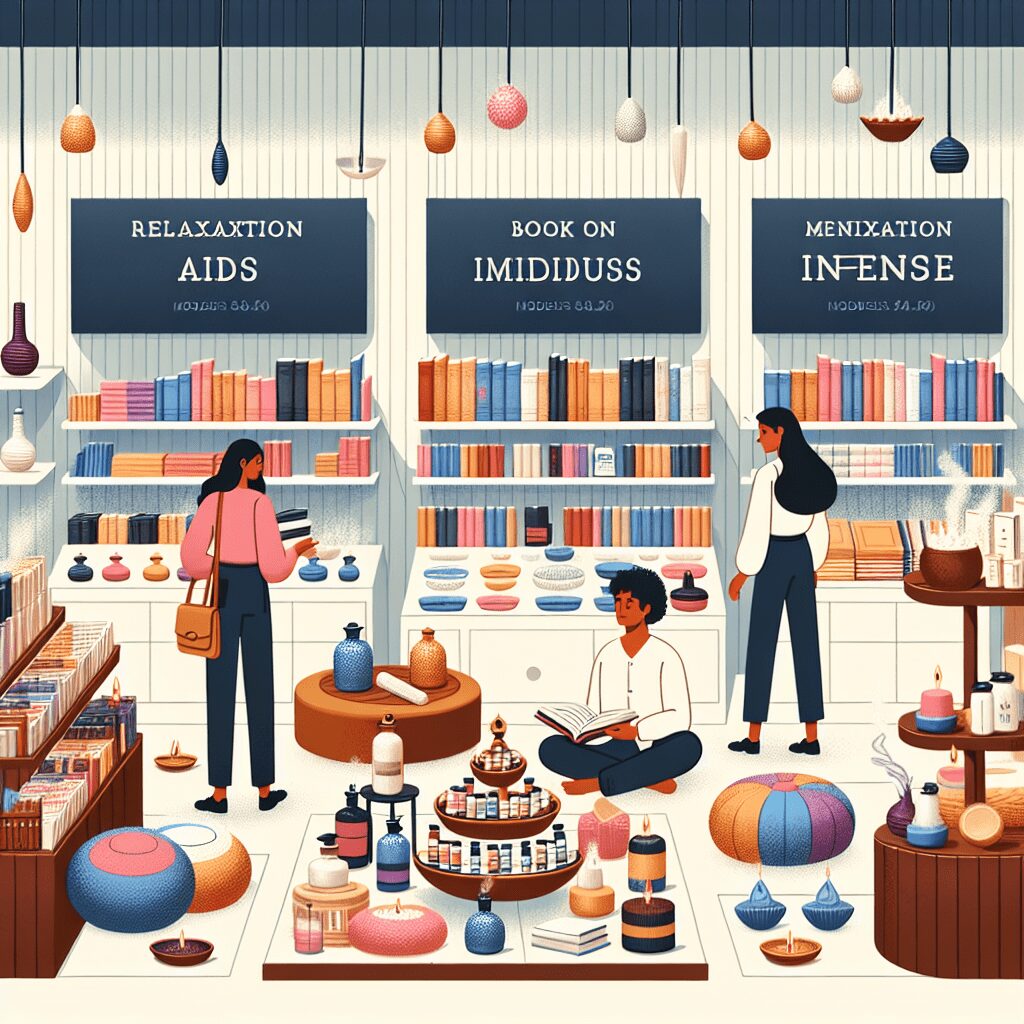
Prioritize your mental well-being daily. Enhance your life by nurturing your mental health with the Smart Meditation app. Break free from stress, alleviate anxiety, and enhance your sleep quality starting today.
Can Anxiety Make You Dissociate?
The Mind-Body Connection: Unpacking Anxiety and Dissociation
In the labyrinth of mental health, anxiety and dissociation stand as two complex phenomena, often intertwining in unexpected ways. For many people, the question isn’t just academic; it’s a quest for understanding their own experiences. So, can anxiety truly send you into the realm of dissociation? Let’s dive in, shall we?
Anxiety: More Than Just Butterflies in Your Stomach
First off, anxiety isn’t just about feeling nervous or worried. It’s a multifaceted beast, capable of manifesting in a slew of physical, emotional, and cognitive symptoms. From the rapid heartbeat that feels like a drum solo in your chest to the racing thoughts that won’t quit, anxiety can be all-consuming. But here’s the kicker: in its more severe forms, anxiety doesn’t just stop at making you feel on edge; it can actually catapult you into the disorienting world of dissociation.
Dissociation: The Mind’s Escape Hatch
Now, onto dissociation. Imagine for a moment that your brain has an escape hatch, a way to temporarily check out from reality when things get too intense. That’s dissociation in a nutshell. It can range from feeling mildly spaced out to more severe forms like depersonalization (where you feel detached from yourself) or derealization (where the world seems unreal). While it sounds like something out of a sci-fi novel, dissociation is a very real and often unsettling experience.
Connecting the Dots Between Anxiety and Dissociation
So, how does anxiety lead to dissociation? Well, it’s all about the brain’s response to overwhelming stress. When your nervous system is in overdrive, your brain may hit the proverbial panic button, initiating dissociation as a coping mechanism. It’s like the brain’s way of saying, “Whoa there, this is too much; let’s take a breather.” This response can be particularly pronounced in individuals with anxiety disorders, where the threat sensors are on a hair-trigger.
The Role of Chronic Stress and Trauma
It’s important to note that chronic stress and trauma can also play a significant role in this process. For individuals who’ve experienced trauma, dissociation might have been a lifesaver during the initial event, a means to mentally escape unbearable circumstances. However, the brain can get a tad too fond of this escape strategy, employing it in situations where it’s not actually needed—like when dealing with the everyday stressors that fuel anxiety.
Recognizing the Signs and Seeking Help
Identifying when anxiety tips into dissociation can be the first step towards managing it. Signs include feeling numb, disconnected from your surroundings or yourself, and having gaps in your memory about specific events or periods. If these sound familiar, it might be time to seek help. Treatment options, such as psychotherapy (especially cognitive-behavioral therapy and mindfulness practices), medication, and support groups, can be effective in managing anxiety and reducing episodes of dissociation.
Navigating the Storm: Coping Strategies and Support
While managing anxiety and dissociation can feel like navigating a stormy sea, there are strategies that can help keep the boat steady. Mindfulness and grounding techniques can be particularly helpful during episodes of dissociation, helping to anchor you back in the present moment. Regular exercise, adequate sleep, and a nourishing diet also play critical roles in regulating your nervous system.
Let’s not forget the power of connection. Sharing your experiences with trusted friends, family members, or a mental health professional can provide not only relief but also invaluable support and understanding.
In the grand scheme of things, understanding the connection between anxiety and dissociation sets the stage for a more informed and compassionate approach to mental health. Recognizing the signs and knowing when to seek help can pave the way for healing and recuperation. Remember, amidst the storms of anxiety and the fog of dissociation, there’s a path leading back to a sense of control and peace. It may not be easy to find, but it’s certainly there, waiting to be discovered.





